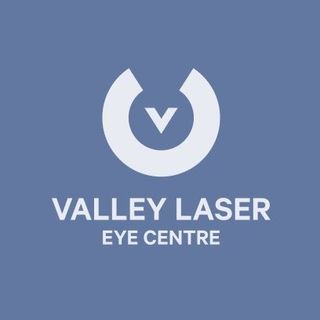We all lose visual acuity as we age. Even if you’ve had perfect vision and consciously taken care of your eyes, you can still experience Presbyopia’s effects.
With Presbyopia, the lens inside the eye becomes less flexible, making it difficult to focus on nearby objects. As a result, many people need to wear glasses or contact lenses to help them see clearly, especially when trying to see things up close. People with no other vision problems can develop Presbyopia, as can people with other vision issues, like astigmatism, myopia, and more.
How Do You Know If You Have Presbyopia?
Besides having difficulty seeing things up close, people with this condition can also experience headaches and eye pains while reading. Individuals can also experience fatigue when focusing for longer because of the increased effort required. Another symptom is relying on brighter light while doing close-up work, even if no eye strain or fatigue is involved.
How is Presbyopia Usually Treated?
Most people use eyewear designed to help people with vision problems see things more clearly at close-range. They usually have lenses with a stronger prescription than regular glasses, which helps the wearer focus on objects close to them, such as books and newspapers.
The problem with reading glasses is they don’t help with seeing far ahead. Worse, they can cause headaches and dizziness to the wearer if they are used in any way other than reading. Because of this, people will often wear reading glasses on a chain around their necks or stash them in case they will have to carry them around. Either way, removing and replacing glasses multiple times just to read a recipe or article in the paper can be a hassle.
This is usually where people start considering laser eye surgery.
What is Laser Eye Surgery?
Laser eye surgery, also known as refractive surgery, uses lasers to change the cornea’s shape. The procedure usually takes about 15 minutes per eye.
Pros and Cons of Laser Eye Surgery
Laser eye surgery’s most obvious benefit is its improved vision. After a successful procedure, many people no longer need to wear glasses or contact lenses. You won’t have to worry about putting on and taking off glasses or the discomfort of contact lenses.
Like any medical procedure, laser eye surgery carries some risks. The most common risks include dry eyes, glare, halos, and double vision. It’s important to discuss the risks with your doctor before deciding whether the procedure is right for you.
Conclusion
If you’re considering laser eye surgery, it’s essential to research and talk to your doctor. It is usually safe and effective in improving your vision. Still, it’s essential to understand the risks involved. With the correct information, you can make an informed decision on whether the procedure is right for you.
Blurry vision? Glasses getting in the way? Valley Laser Eye Centre is here to help. Our Abbotsford laser eye centre is well-equipped to treat extreme Myopia, do cataract surgery, and more. Contact us today to get started.
This blog post does not replace medical advice and should not be implemented prior to consulting a fully certified medical professional.





